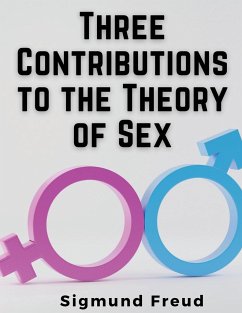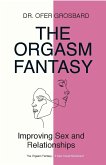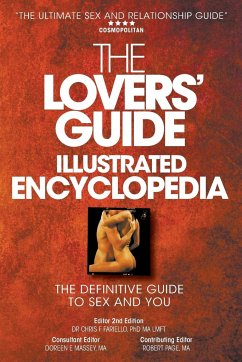"Three Contributions to the Theory of Sex" is a seminal work by Sigmund Freud, originally published in 1905 as "Drei Abhandlungen zur Sexualtheorie" in German. It marks a significant milestone in the development of Freud's psychoanalytic theory, particularly in its exploration of human sexuality and its psychological underpinnings. The book is divided into three main sections, each of which presents a distinct contribution to Freud's evolving theory of sex: "The Sexual Aberrations": In this section, Freud examines various forms of sexual deviation or "perversions," including homosexuality, fetishism, and sadomasochism. He proposes that these deviations arise from the redirection of sexual instincts during development, often due to early childhood experiences or traumas. Freud's conceptualization of sexual aberrations as resulting from complex psychological processes challenged prevailing views of sexuality and paved the way for more nuanced understandings of human sexual behavior. "Infantile Sexuality": Freud explores the idea that sexuality begins in infancy and childhood, long before the onset of puberty. He argues that children experience sexual impulses and desires that are expressed in primitive and often unconscious ways. Freud's theory of infantile sexuality challenged conventional beliefs about the innocence of childhood and provoked controversy, but it also contributed to a deeper understanding of human development and the complexities of human sexuality. "The Transformations of Puberty": This section focuses on the psychosexual changes that occur during puberty and adolescence. Freud describes how the onset of puberty triggers a reorganization of sexual impulses and desires, leading to the emergence of mature sexual identity and behavior. He emphasizes the role of unconscious conflicts and fantasies in shaping sexual development and highlights the significance of puberty as a critical stage in psychological maturation. "Three Contributions to the Theory of Sex" represents a foundational text in the field of psychoanalysis and has had a profound influence on the study of human sexuality and psychology. Despite being over a century old, Freud's insights continue to inform contemporary understandings of sexual development, desire, and identity, making the book a timeless classic in the history of psychology.
Hinweis: Dieser Artikel kann nur an eine deutsche Lieferadresse ausgeliefert werden.
Hinweis: Dieser Artikel kann nur an eine deutsche Lieferadresse ausgeliefert werden.








